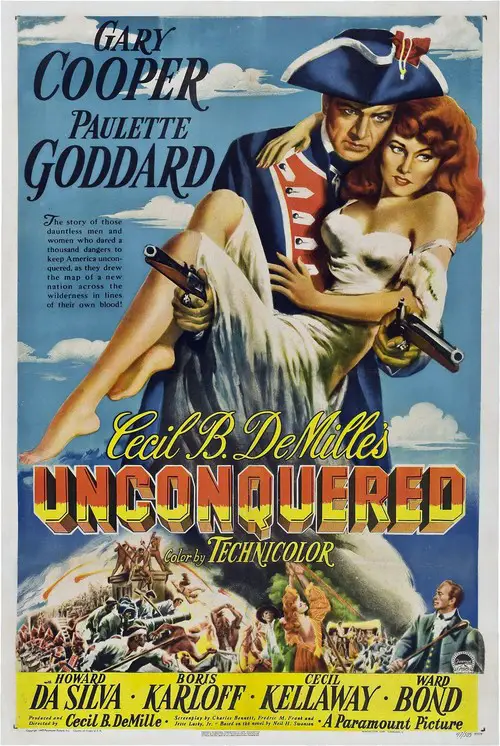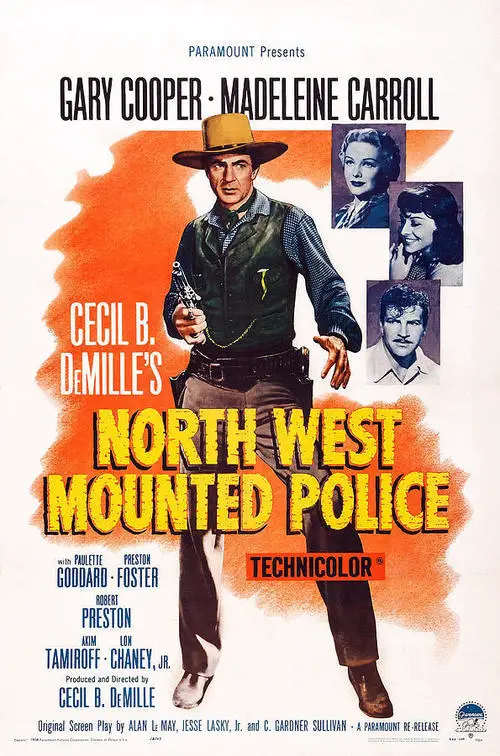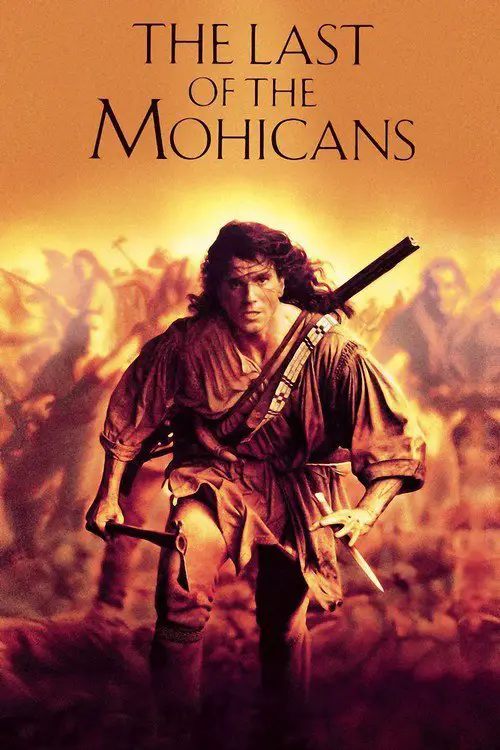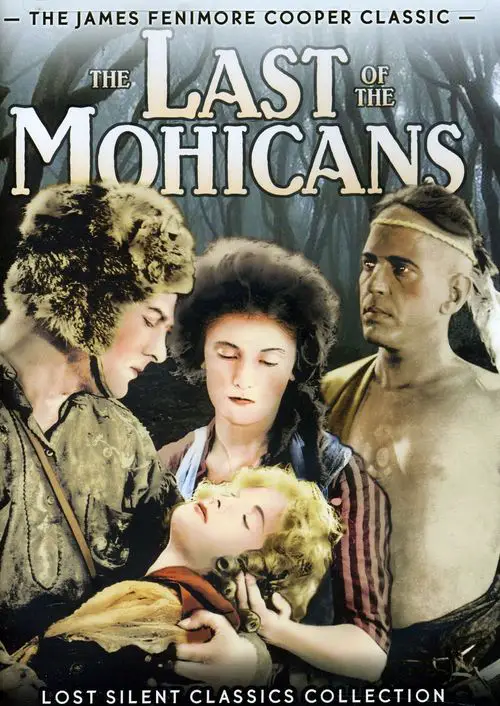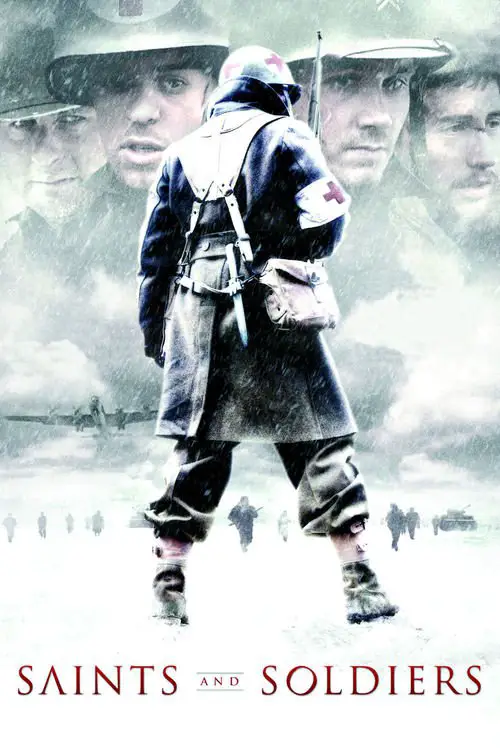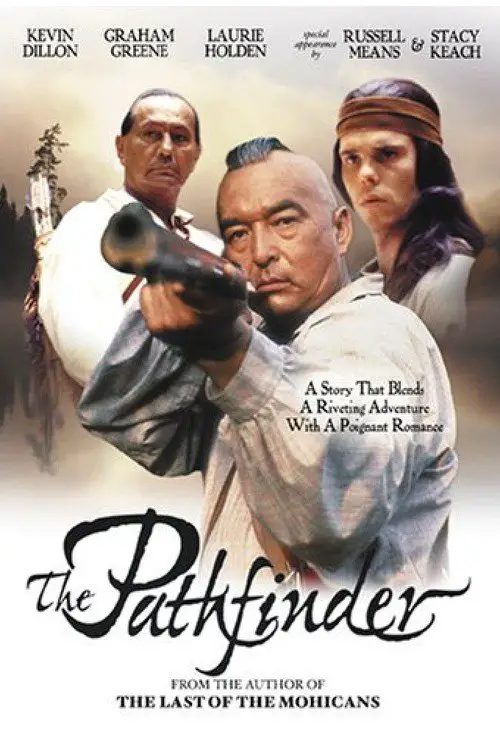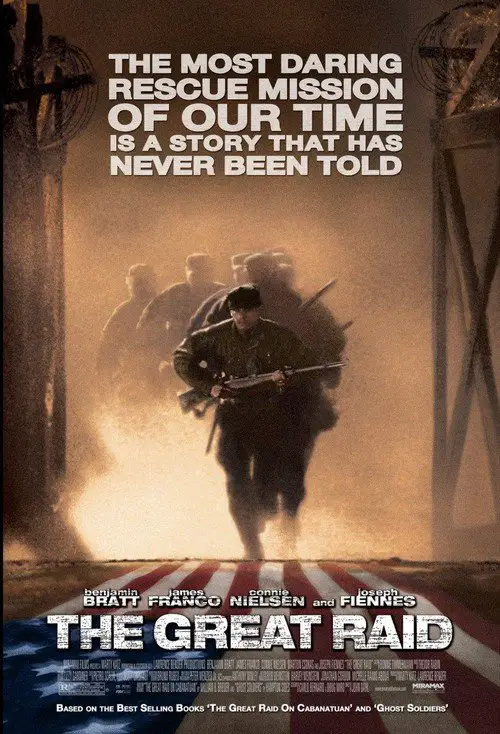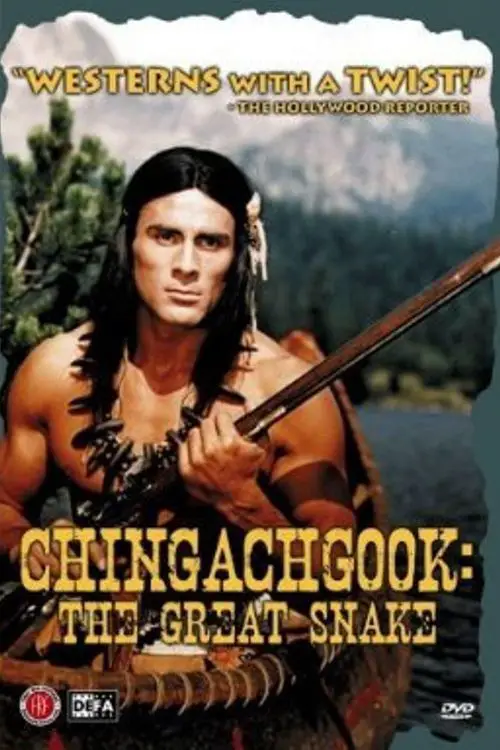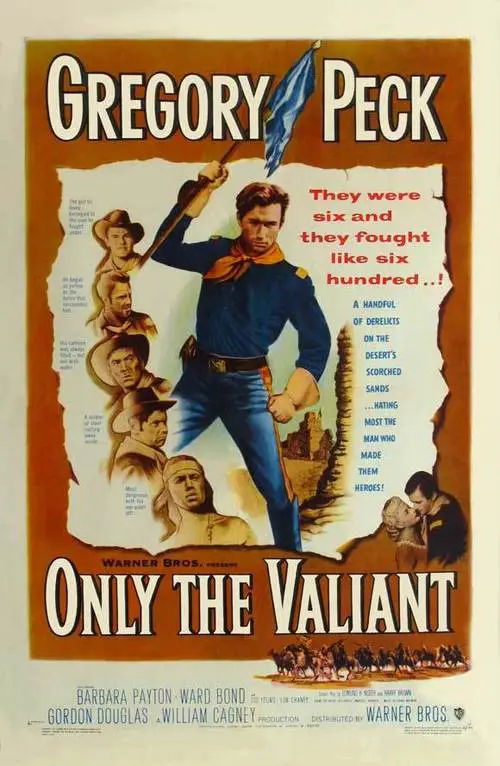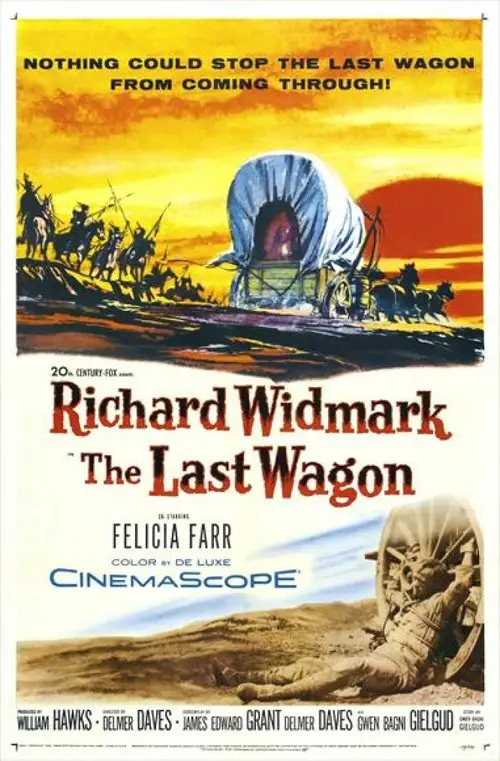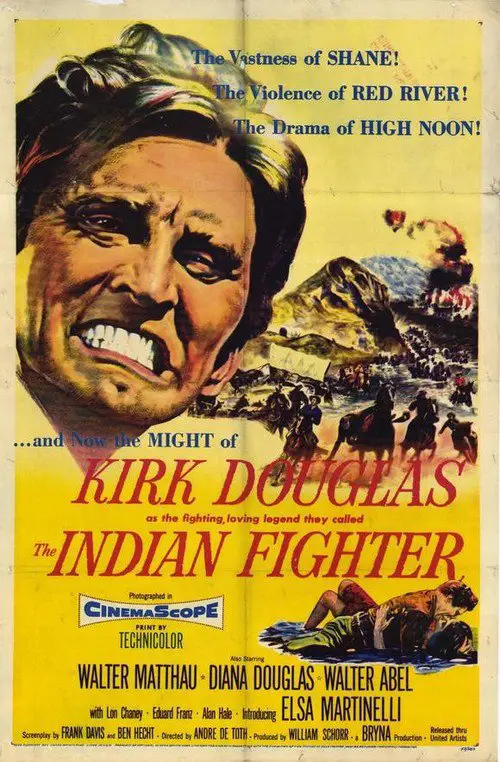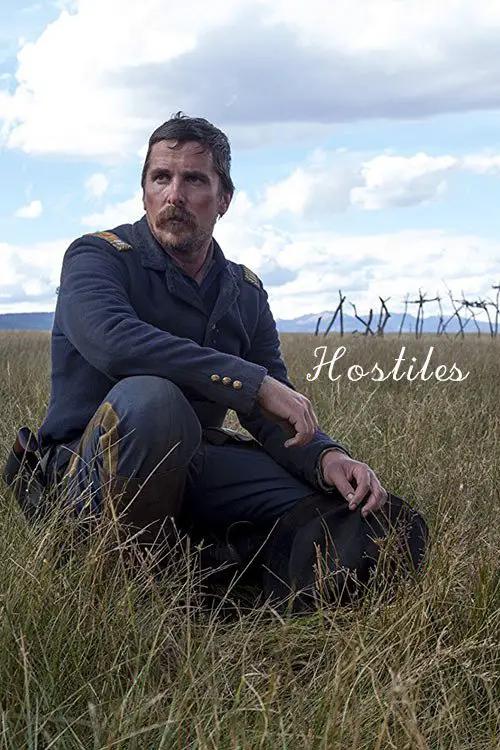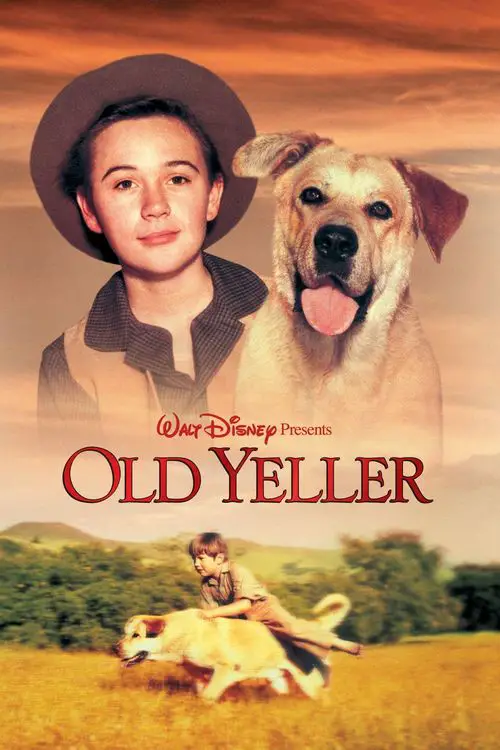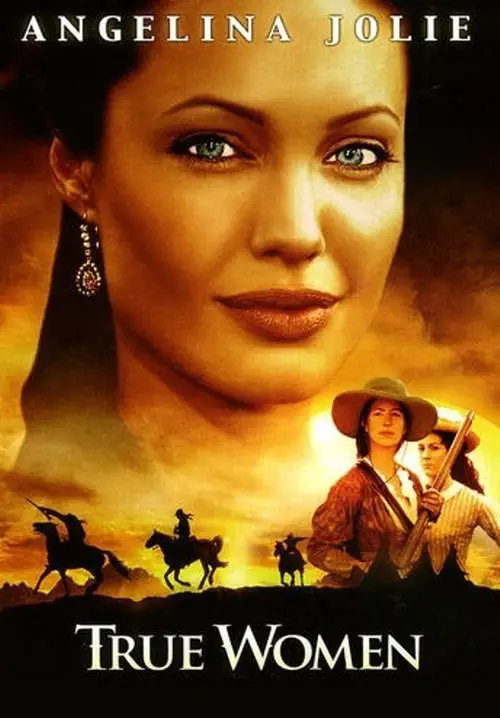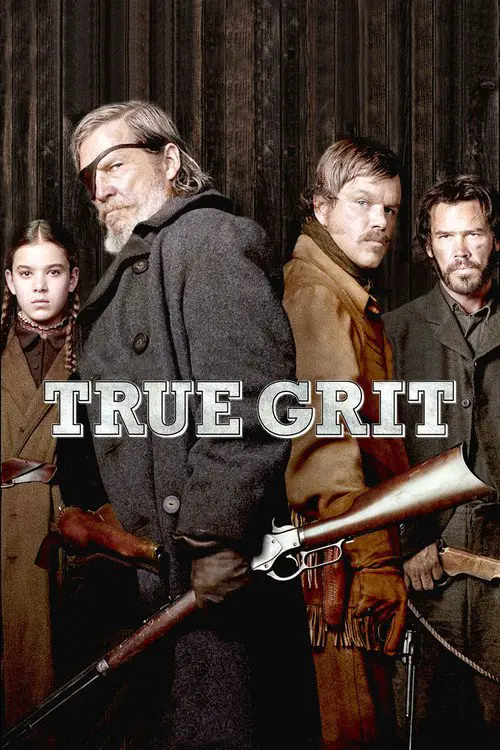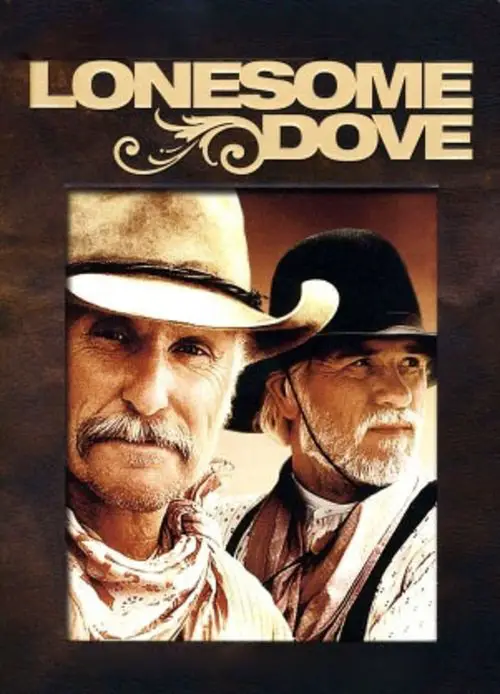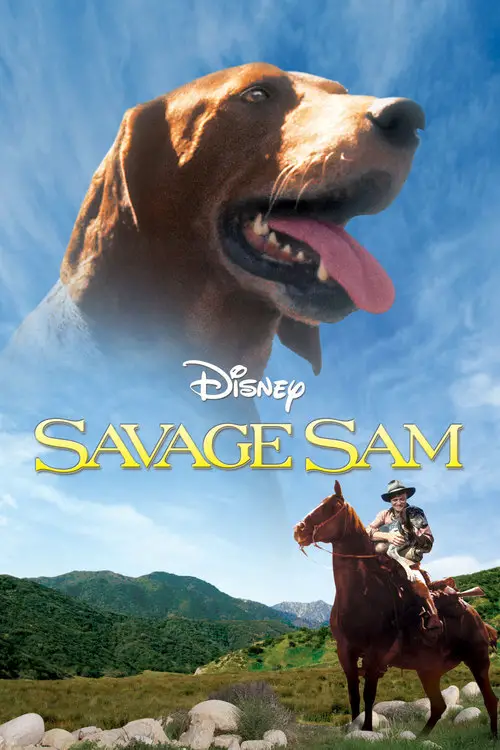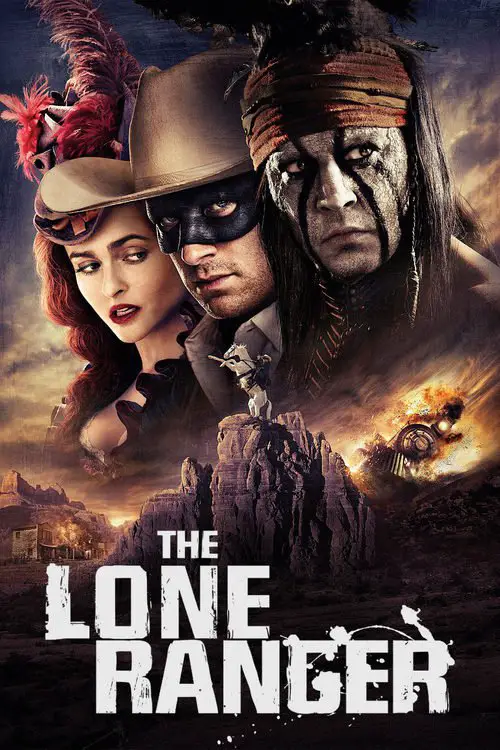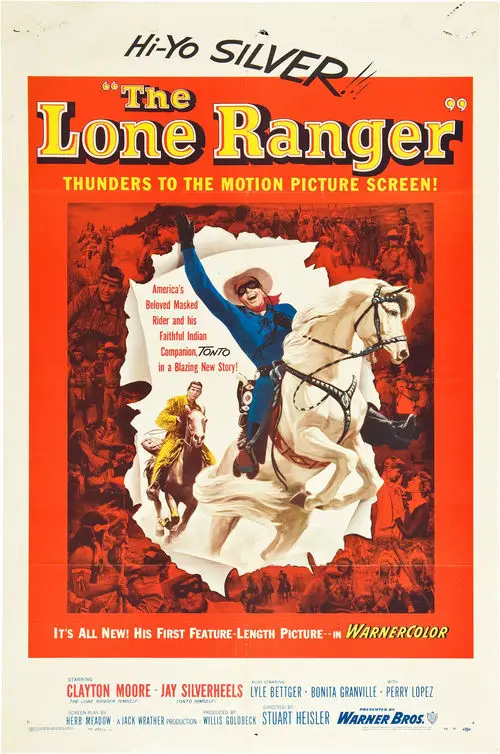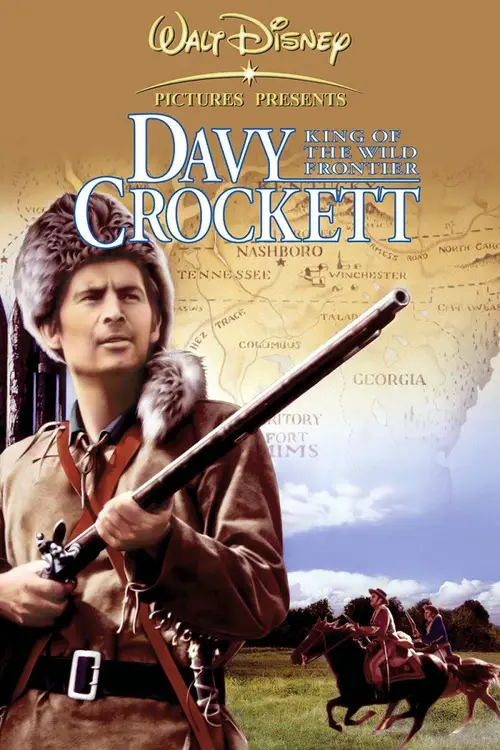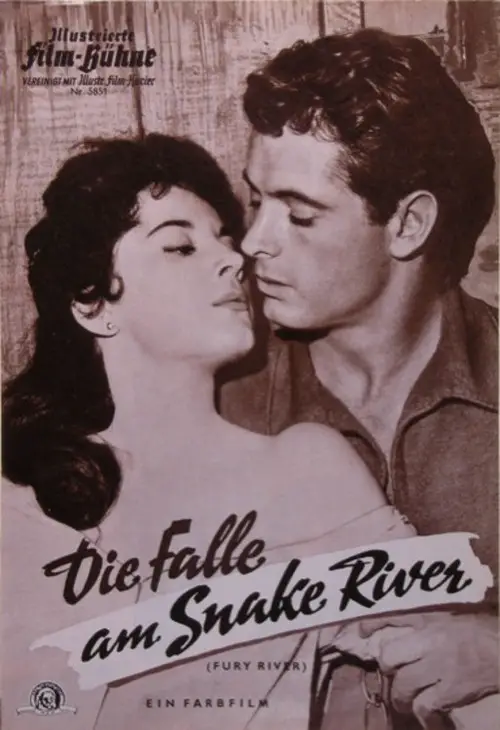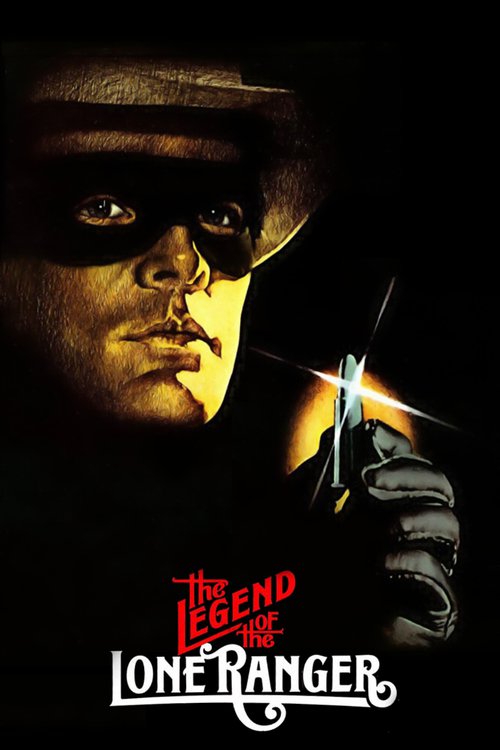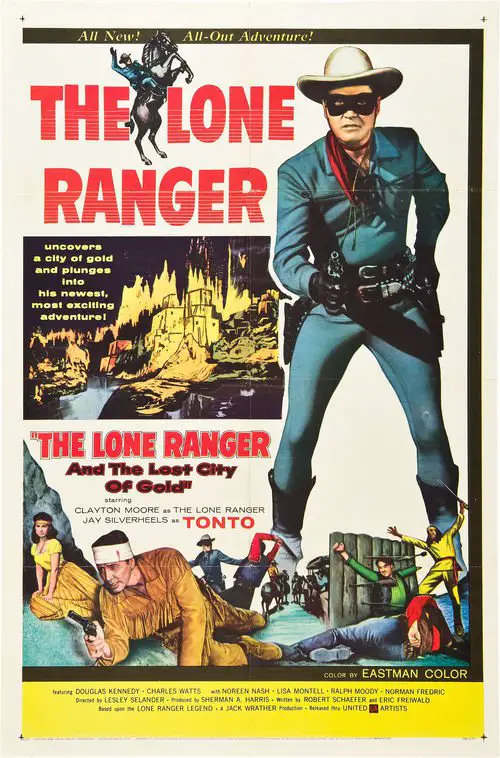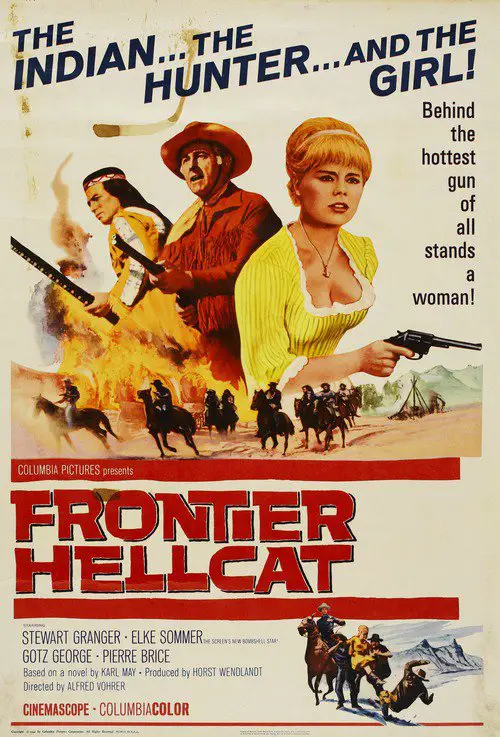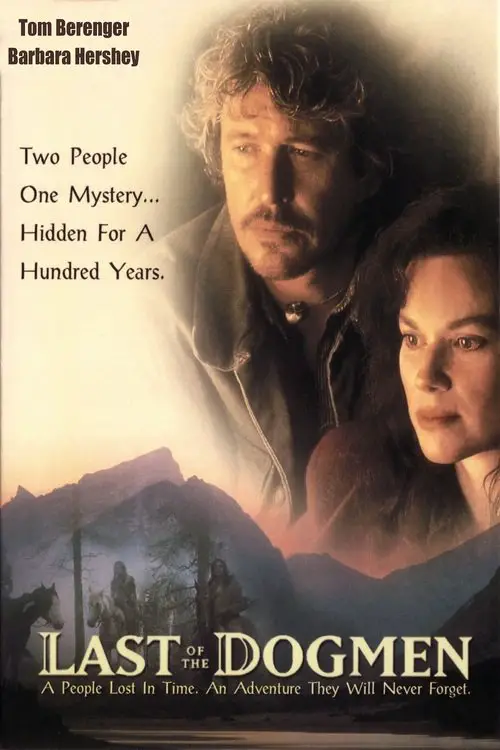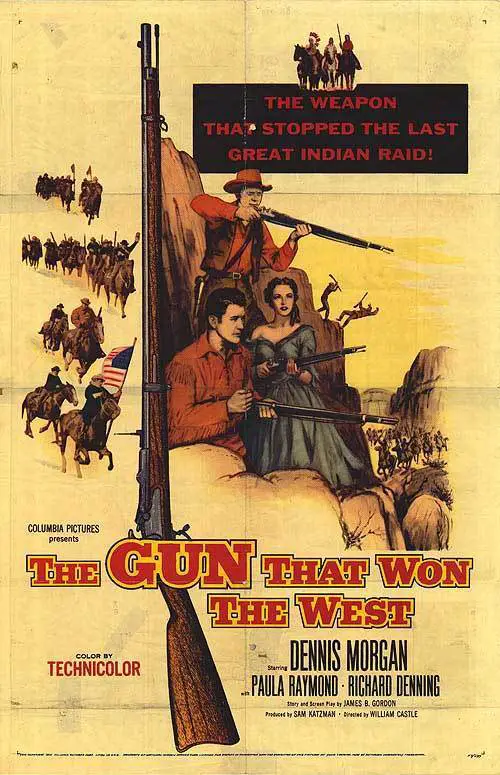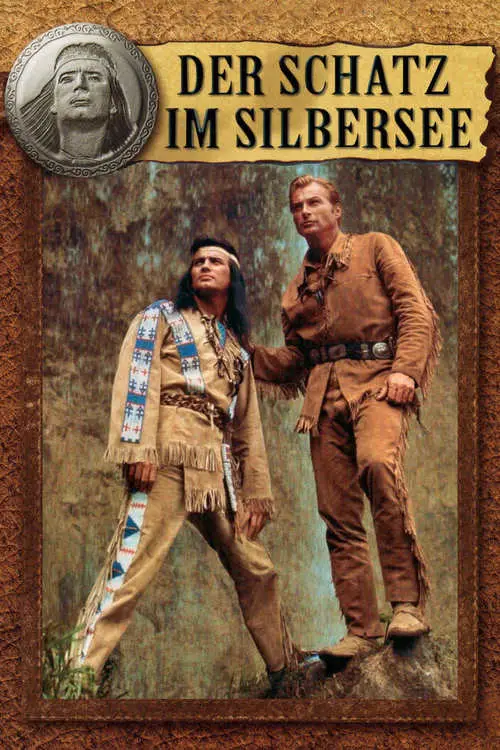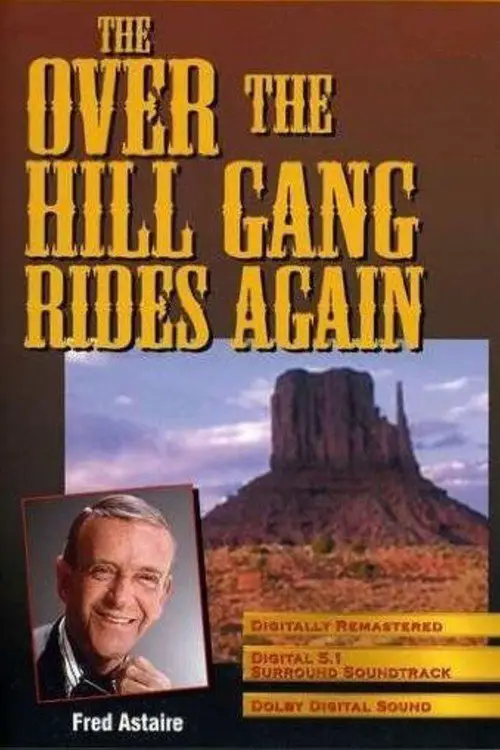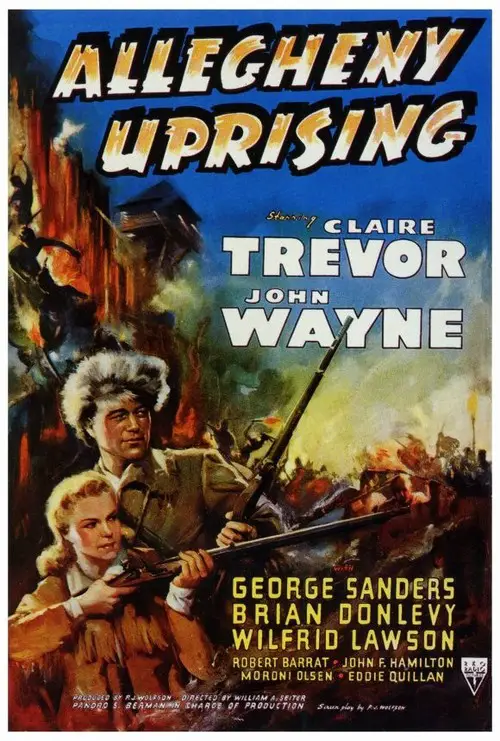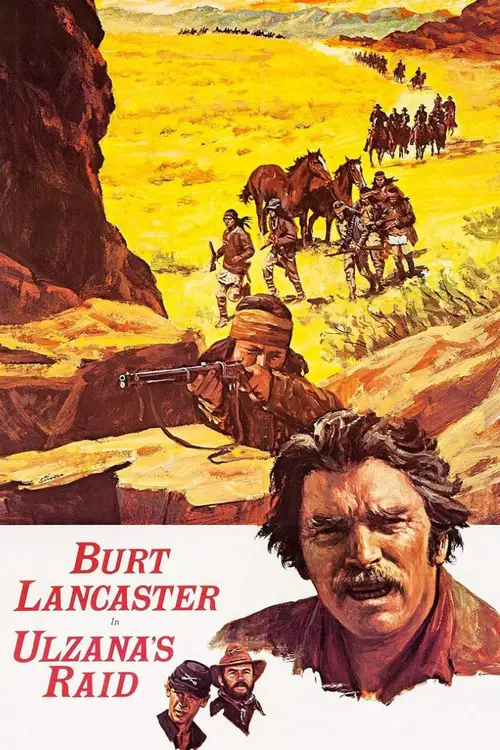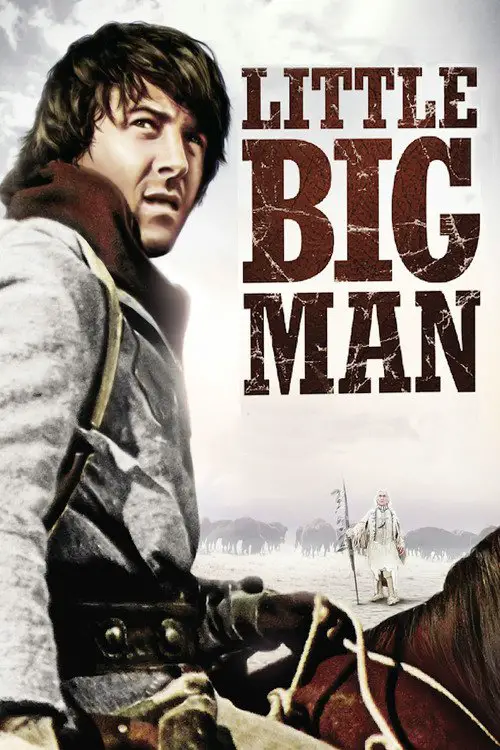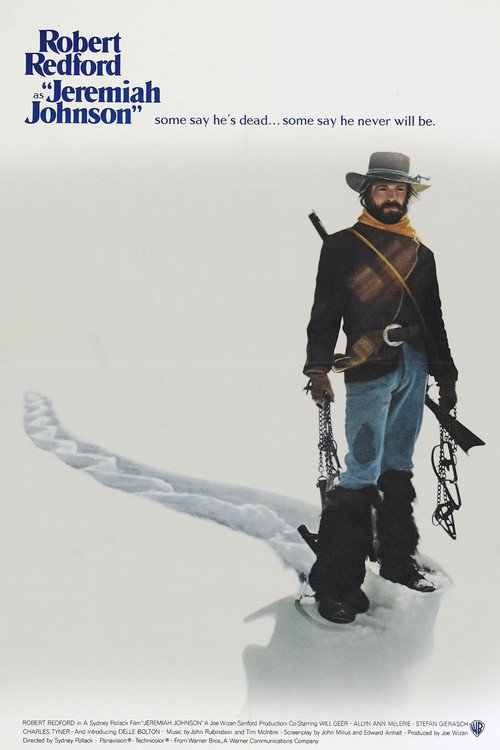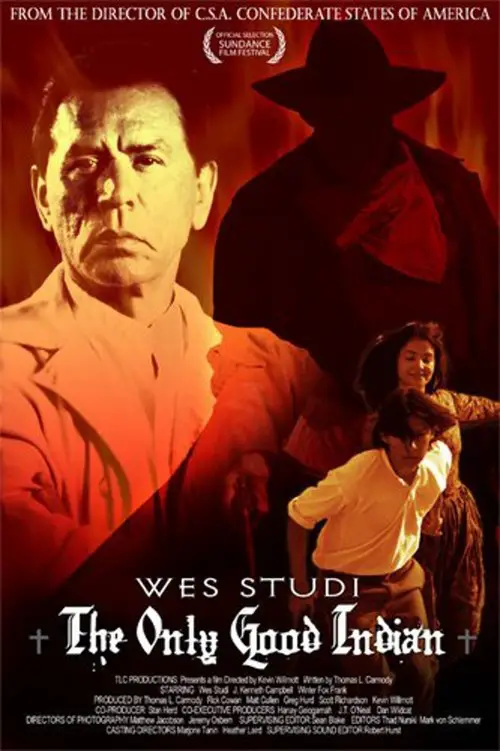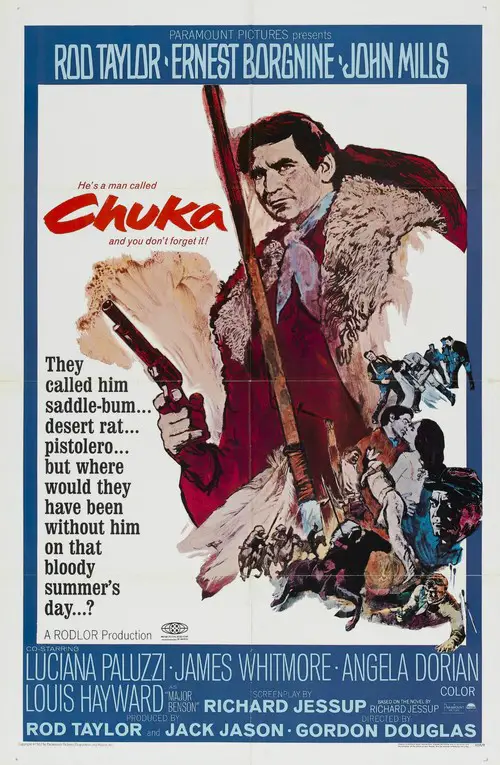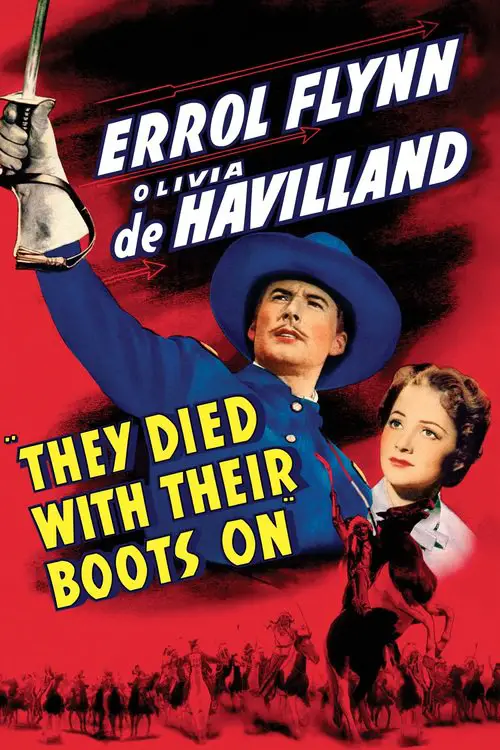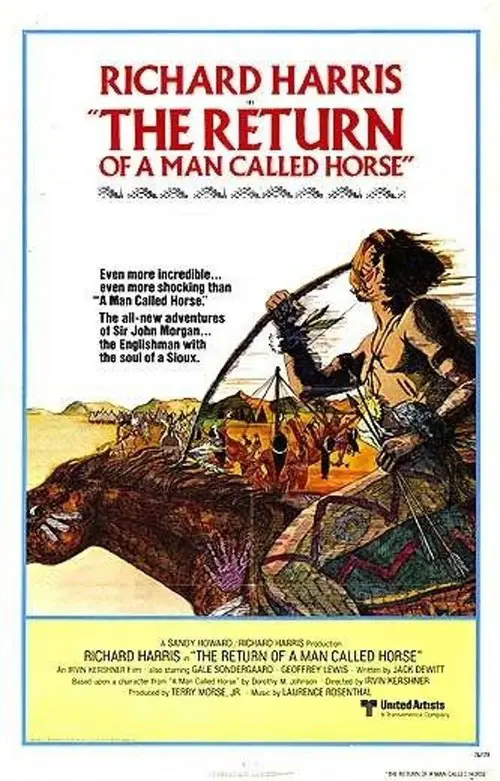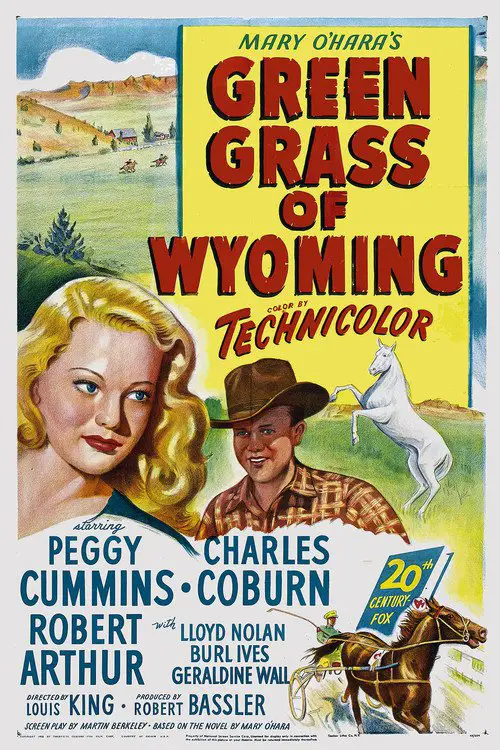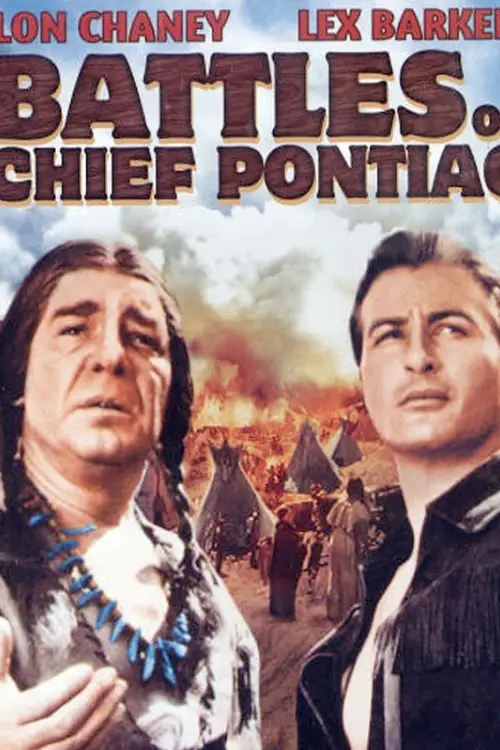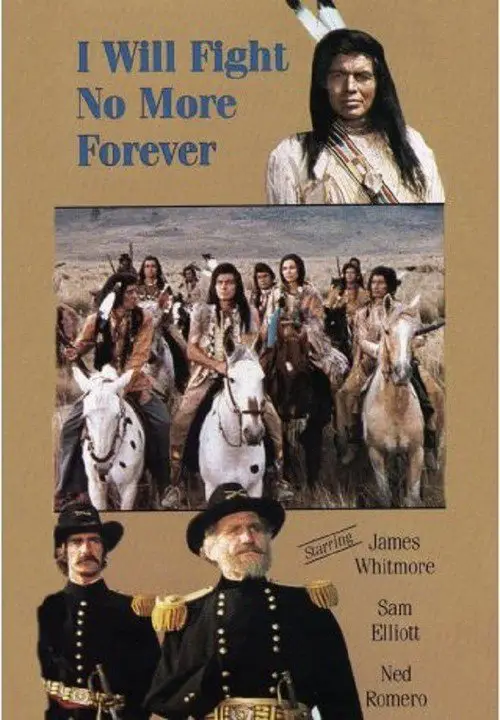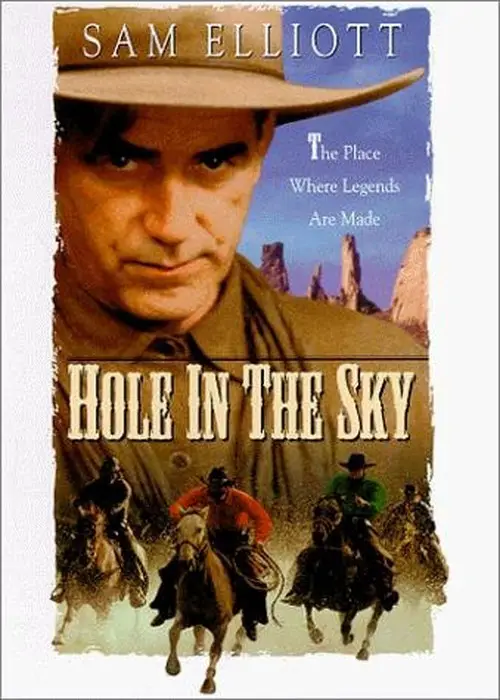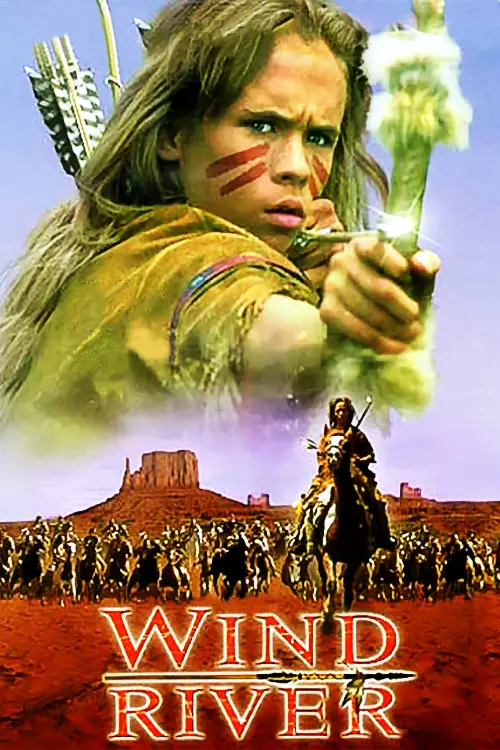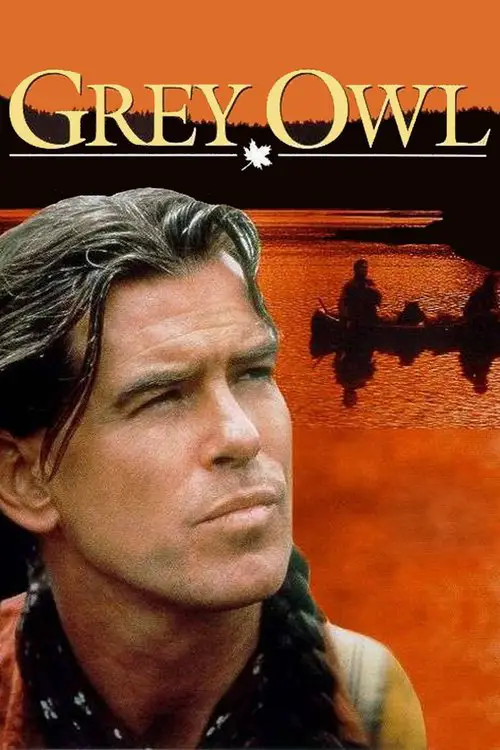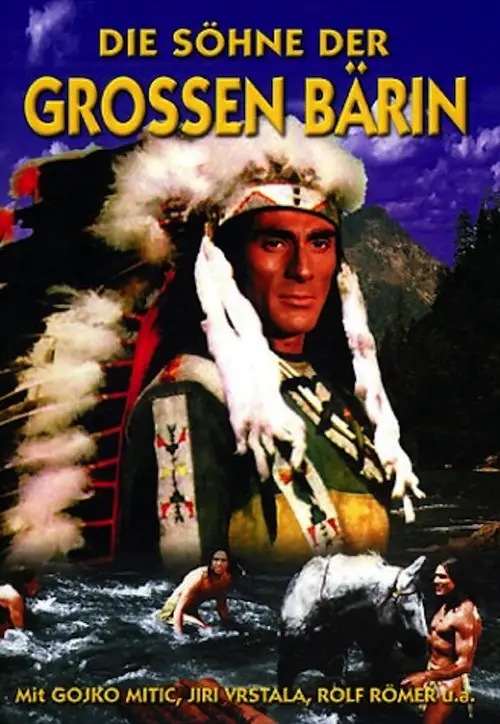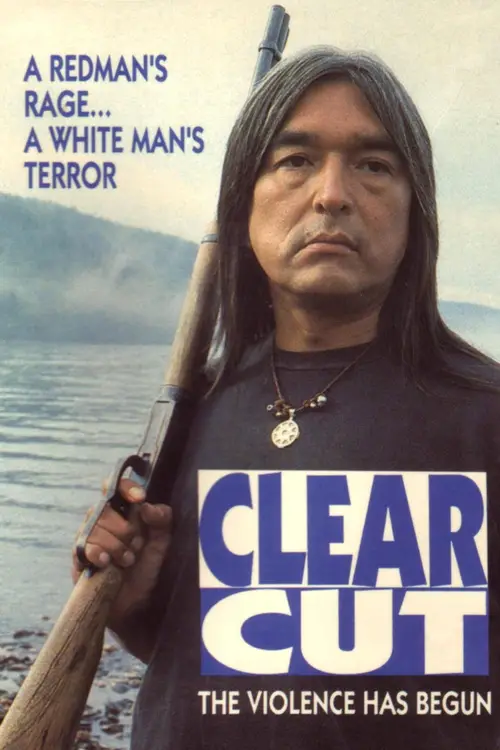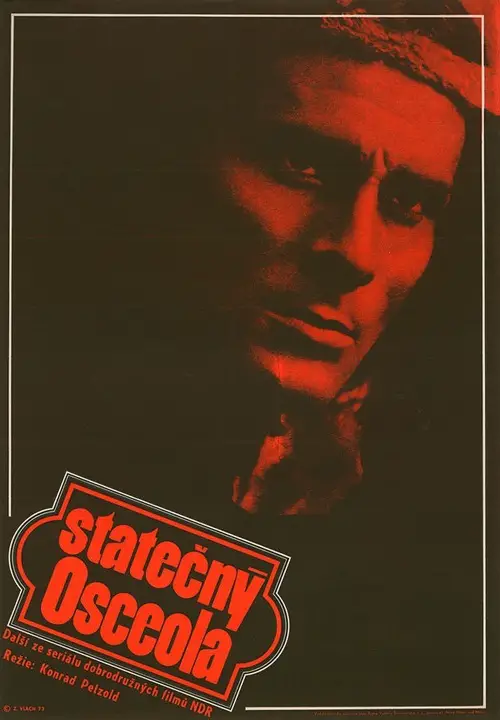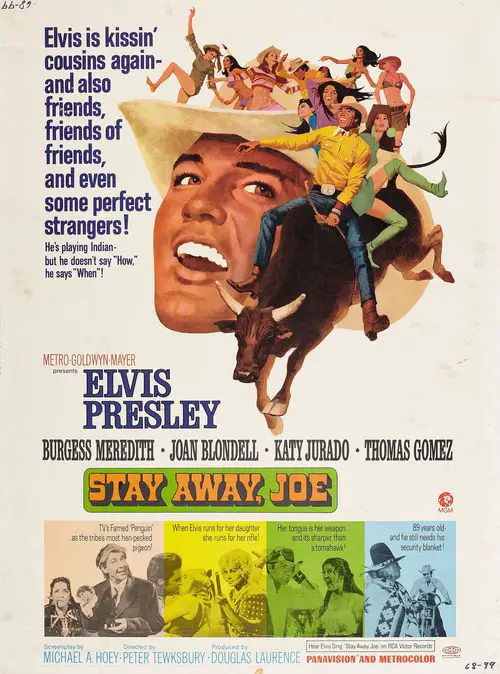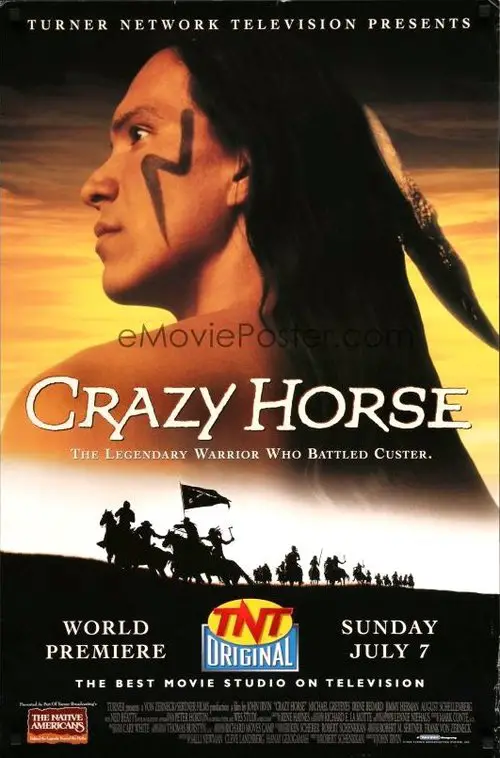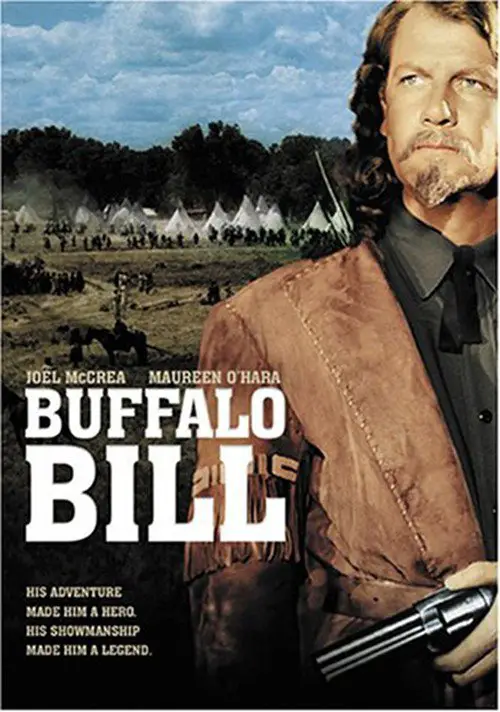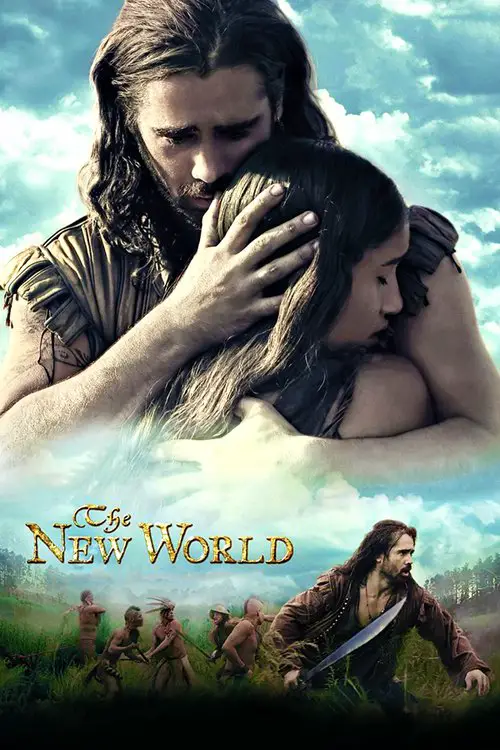Northwest Passage (1940)
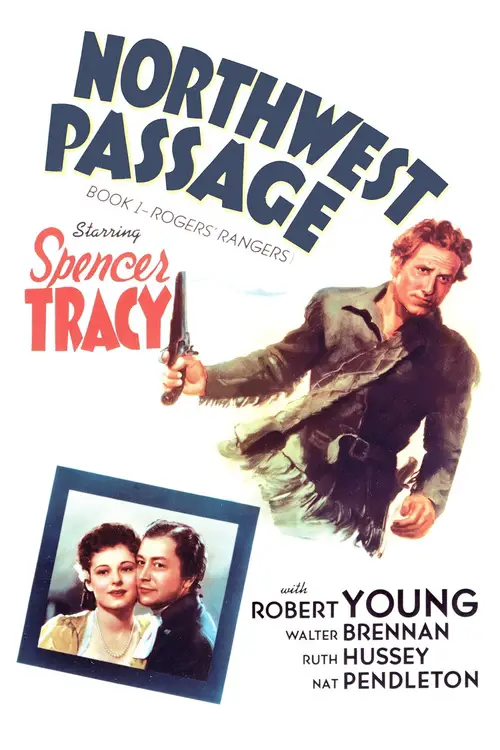
Similar movies
Texas Ranger Dusty Rivers ("Isn't that a contradiction in terms?", another character asks him) travels to Canada in the 1880s in search of Jacques Corbeau, who is wanted for murder. He wanders into the midst of the Riel Rebellion, in which Métis (people of French and Native heritage) and Natives want a separate nation. Dusty falls for nurse April Logan, who is also loved by Mountie Jim Brett. April's brother is involved with Courbeau's daughter Louvette, which leads to trouble during the battles between the rebels and the Mounties. Through it all Dusty is determined to bring Corbeau back to Texas (and April, too, if he can manage it.)
As the English and French soldiers battle for control of the North American colonies in the 18th century, the settlers and native Americans are forced to take sides. Cora and her sister Alice unwittingly walk into trouble but are saved by Hawkeye, an orphaned settler adopted by the last of the Mohicans.
As Alice and Cora Munro attempt to find their father, a British officer in the French and Indian War, they are set upon by French soldiers and their cohorts, Huron tribesmen led by the evil Magua. Fighting to rescue the women are Chingachgook and his son Uncas, the last of the Mohican tribe, and their white ally, the frontiersman Natty Bumppo, known as Hawkeye.
In this sequel to The Last of the Mohicans, the Pathfinder (Kevin Dillon) defends a British fort under siege during the French and Indian Wars. His Indian father, Chingachgook (Graham Greene), and the lovely Mabel Dunham (Laurie Holden) are swept up in the battle, and the Pathfinder finds himself forced to choose between his father and the woman he loves. The film is based on last of James Fenimore Cooper's "Leatherstocking Tales."
Steven Spielberg executive produced this TNT miniseries about American Westward expansion during the 19th century. Told from both the perspective of the white Wheeler family and the Native American Lakota tribe, the 12-hour epic follows the clans as they struggle to find their place in a country confounded by turmoil and change.
Ten years after the Civil War has ended, the Governor of Texas asks Leander McNelly (McDermott) to form a company of Rangers to help uphold the law along the Mexican border. With a few veterans of the war (Patrick, Travis), most of the recruits are young men (Van Der Beek, Kutcher, Raymond) who have little or no experience with guns or policing crime.
Chingachgook, a Mohawk-born Delaware warrior, strives to rescue his wife Wahtawah from the clutches of an enemy camp of Huron. Joined by his trusted huntsman Deerslayer, the two confront racist pioneers and brutal British soldiers in their quest. Deerslayer catches the desire of Judith and thus the jealousy of her suitor, Harry. The action of the story functions like a seesaw, characters continuously traveling back and forth between a house on the lake and the Huron camp until the violent climax.
El Topo decides to confront warrior Masters on a trans-formative desert journey he begins with his 6 year old son, who must bury his childhood totems to become a man. El Topo (the mole) claims to be God, while dressed as a gunfighter in black, riding a horse through a spiritual, mystical landscape strewn with old Western movie, and ancient Eastern religious symbols. Bandits slaughtered a village on his path, so El Topo avenges the massacred, then forcibly takes their leader's woman Mara as his. El Topo's surreal way is bloody, sexual and self-reflective, musing of his own demons, as he tries to vanquish those he encounters.
Stewart is a bounty hunter in Colorado territory after killer Robert Ryan. Stewart's efforts to bring in Ryan and collect the reward are compromised by the presence of Ryan's loyal girl friend Janet Leigh and Stewart's two disreputable sidekicks, wily prospector Millard Mitchell and disgraced Union-officer Ralph Meeker.
In this third remake of legendary Japanese director Akira Kurosawa's hugely influential The Seven Samurai, the seven gunslingers (George Kennedy, Michael Ansara, Joe Don Baker, Bernie Casey, Monte Markham, Fernando Rey and Reni Santoni) liberate Mexican political prisoners, train them as fighters and assist them in a desperate attack on a Mexican fortress in an attempt to free a revolutionary leader.
Following the murder of her father by hired hand Tom Chaney, 14-year-old farm girl Mattie Ross sets out to capture the killer. To aid her, she hires the toughest U.S. Marshal she can find, a man with "true grit," Reuben J. "Rooster" Cogburn. Mattie insists on accompanying Cogburn, whose drinking, sloth, and generally reprobate character do not augment her faith in him. Against his wishes, she joins him in his trek into the Indian Nations in search of Chaney. They are joined by Texas Ranger LaBoeuf, who wants Chaney for his own purposes. The unlikely trio find danger and adventure on the journey, and each has his or her "grit" tested.
Lonesome Dove is a Western television miniseries based on Larry McMurtry's Pulitzer Prize-winning novel of the same name. Starring Robert Duvall and Tommy Lee Jones, Lonesome Dove was originally broadcast by CBS on February 5, 1989, drawing a huge viewing audience, earning numerous awards, and reviving both the television western and the miniseries.
The Texas Rangers chase down a gang of outlaws led by Butch Cavendish, but the gang ambushes the Rangers, seemingly killing them all. One survivor is found, however, by an American Indian named Tonto, who nurses him back to health. The Ranger, donning a mask and riding a white stallion named Silver, teams up with Tonto to bring the unscrupulous gang and others of that ilk to justice.
Legends (and myths) from the life of famed American frontiersman Davey Crockett are depicted in this feature film edited from television episodes. Crockett and his friend George Russell fight in the Creek Indian War. Then Crockett is elected to Congress and brings his rough-hewn ways to the House of Representatives. Finally, Crockett and Russell journey to Texas and the last stand at the Alamo.
When the young Texas Ranger, John Reid, is the sole survivor of an ambush arranged by the militaristic outlaw leader, Butch Cavendich, he is rescued by an old childhood Comanche friend, Tonto. When he recovers from his wounds, he dedicates his life to fighting the evil that Cavendich represents. To this end, John Reid becomes the great masked western hero, The Lone Ranger. With the help of Tonto, the pair go to rescue President Grant when Cavendich takes him hostage.
Three Indians were brutally murdered by a gang of hooded outlaws. Each one possessed a silver medallion, which were sections cut off from a large silver plaque which served as a treasure map to a secret location where a large amount of gold is reputedly stashed. Two more medallions are unaccounted for, and the The Lone Ranger and his friend Tonto must use all their resources to intercept the gang, prevent further carnage and save the owners of the medallions.
Frontier Hellcat was the fourth in a series of 1960s European westerns based on Karl May's "Winnetou" character. Stewart Granger takes over from Lex Barker in the leading "Anglo"-role of the mysterious maverick who wanders from town to town doing the "Lone Ranger" bit. The hellcat of the title is Elke Sommer, a tempestuous frontierswoman who reluctantly accepts Granger's help in attaining safe passage through the Rocky Mountains ("played" in this film by the Alps).
In the late 1880s, Colonel Carrington and his command are assigned the job of constructing a chain of forts in the Sious Indian territory of Wyoming. Carrington recruits former cavalry scouts Jim Bridger and "Dakota Jack" Gaines to lead the project. Bridger and Gaines are friendly with Sioux chief Red Cloud, and they feel a peace treaty with the Indians can be made. If an Indian-war breaks out, the cavalry is depending on getting a new type of Springfield rifle. Bridger, Gaines and Gaines wife, Maxine, arrive at the fort for the conference. Gaines, in a drunken fit, tries to intimidate the Indians unto signing a treaty. Chied Red Fox threatens war if his territory is invaded by any troops building forts.
Walter Brennan is back as the clever and funny over the hill Texas Ranger Nash Crawford. This time the gang must face corruption in their own home town. The gang put their heads together to clean up their town, take back the rule of law and rehabilitate the town lush (played by Fred Astaire) along with way.
Allegheny Uprising is a 1939 film produced by RKO Pictures, starring Claire Trevor and John Wayne as pioneers of early American expansion in south central Pennsylvania. Clad in buckskin and a coonskin cap (as he would be a decade later in The Fighting Kentuckian), Wayne plays real-life James Smith, an American coping with British rule in colonial America. The film is loosely based on a historical event known as the Black Boys Rebellion during the 1760s.
Report reaches the US cavalry that the Apache leader Ulzana has left his reservation with a band of followers. A compassionate young officer, Lieutenant DeBuin, is given a small company to find him and bring him back; accompanying the troop is McIntosh, an experienced scout, and Ke-Ni-Tay, an Apache guide. Ulzana massacres, rapes and loots across the countryside; and as DeBuin encounters the remains of his victims, he is compelled to learn from McIntosh and to confront his own naivity and hidden prejudices.
After a cavalry group is massacred by the Cheyenne, only two survivors remain: Honus, a naive private devoted to his duty, and Cresta, a young woman who had lived with the Cheyenne two years and whose sympathies lie more with them than with the US government. Together, they must try to reach the cavalry's main base camp. As they travel onward, Honus is torn between his growing affection for Cresta.
Set in Kansas during the early 1900s, a teen-aged Native American boy is taken from his family and forced to attend a distant Indian "training" school to assimilate into White society. When he escapes to return to his family, Sam Franklin, a bounty hunter of Cherokee descent, is hired to find and return him to the institution. Franklin, a former Indian scout for the U.S. Army, has renounced his Native heritage and has adopted the White Man's way of life, believing it's the only way for Indians to survive. Along the way, a tragic incident spurs Franklin's longtime nemesis, the famous "Indian Fighter" Sheriff Henry McCoy, to pursue both Franklin and the boy.
The archetypical renegade Texas Ranger wages war against a drug kingpin with automatic weapons, his wits and martial arts after a gun battle leaves his partner dead. All of this inevitably culminates a martial arts showdown between the drug lord and the ranger, and involving the woman they both love.
Lord John Morgan has returned to civilized life in England, but finds he has nothing but disdain for that life. Yearning to embrace the simplicity of the American West-and the Yellow Hands Sioux tribe he left behind, Morgan returns to the tribe's land only to discover that they've been decimated by ruthless, government-backed fur traders. They must regain their land, led by Horse.
A young ranger in the Montana wilderness discovers the great forces of nature while learning the importance of honor, trust and integrity. Legendary veteran ranger Bill Bell educates the young man and guides him toward manhood. The year is 1919-a time when being a ranger meant more than operating expensive equipment. Forest fires were fought with guts and courage, not chemicals and airplanes. Bill Bell was the toughest ranger in an elite crew of very rugged men. A figure of heroic proportions, he was generally feared and respected by all. It was even rumored that he had at one time killed a sheep farmer, which only fueled his already enormous reputation. The young ranger does everything to remain in the good graces of Bill Bell, the senior ranger he idolizes. Their tentative rapport grows into a friendship through a hilarious and heroic rite of passage in which the younger ranger meets the test-and the woman of his dreams.
Archie Grey Owl is a trapper in Canada in the early 1930s when a young Iroquois woman from town asks him to teach her Indian ways. They live in the woods, where she is appalled at how trapped animals die. She adopts two orphaned beaver kits and helps Archie see his way to stop trapping. Instead, he works as a guide, a naturalist writer, and then the Canadian government hires him to save the beaver in a conserve by Lake Ajawaan in Prince Albert National Park. He writes a biography, which brings him attention in Canada and invitations to lecture in England. Before he leaves, he and Anahareo (Pony) marry. In England, his secret is revealed. Will Anahareo continue to love him?
The Apache Indians have reluctantly agreed to settle on a US Government approved reservation. Not all the Apaches are able to adapt to the life of corn farmers. One in particular, Geronimo, is restless. Pushed over the edge by broken promises and necessary actions by the government, Geronimo and thirty or so other warriors form an attack team which humiliates the government by evading capture, whi
When a lawyer loses an appeal to stop a logging company from clear-cutting Native American land, Arthur, an Indian militant drags him and the kidnapped logging mill manager into the forest. The lawyer's empty talk about how the company's greed should be punished is put into brutal action by Arthur, who tortures the manager in allegorical ways mimicking what loggers do to the forest.
Florida, 1830 - Of all eastern Native American tribes, only the Seminoles have resisted being moved to reservations. Having retreated to Florida, they live a simple horticultural life. But white plantation owners, angry at the increasing numbers of black slaves fleeing to Seminole protection, want to take their land. Plantation owner Raynes, in particular, has convinced the military to wipe out the Seminoles. His rival Moore, a sawmill owner from the North who has a Seminole wife, is against slavery and considers it unprofitable. Chief Osceola sees the coming danger; he tries to avoid provoking the whites, but cannot prevent the war that breaks out in 1835.
Joe Lightcloud persuades his Congressman to give him 20 heifers and a prize bull so he and his father, Charlie, can prove that the Navajos can successfully raise cattle on the reservation. If their experiment is successful, then the government will help all the Navajo people. But Joe's friend, Bronc Hoverty, accidentally barbecues the prize bull, while Joe sells the heifers to buy plumbing and other home improvements for his stepmother.
© Valossa 2015–2026
| Privacy Policy
